10 GPTs for Pharmaceutical Research Powered by AI for Free of 2025
AI GPTs for Pharmaceutical Research refer to advanced, generative pre-trained transformer models tailored specifically for applications within the pharmaceutical sector. These tools leverage the power of machine learning and natural language processing to analyze, predict, and generate insights relevant to drug discovery, development, and market analysis. By processing vast amounts of data, these AI models provide customized solutions, identifying novel compounds, optimizing clinical trial designs, and enhancing drug safety evaluations, thereby accelerating the pace of pharmaceutical research and development.
Top 10 GPTs for Pharmaceutical Research are: ChemSketcher,Medication Guide (Pro),添付文書しらべる君,Cure Me,GC Method Developer,BioTech Broker Pro,Drug Discovery Assistant,Strategic Insights Analyst,Prescription Provider,MediCheck Assistant
ChemSketcher
Visualize molecules with AI precision
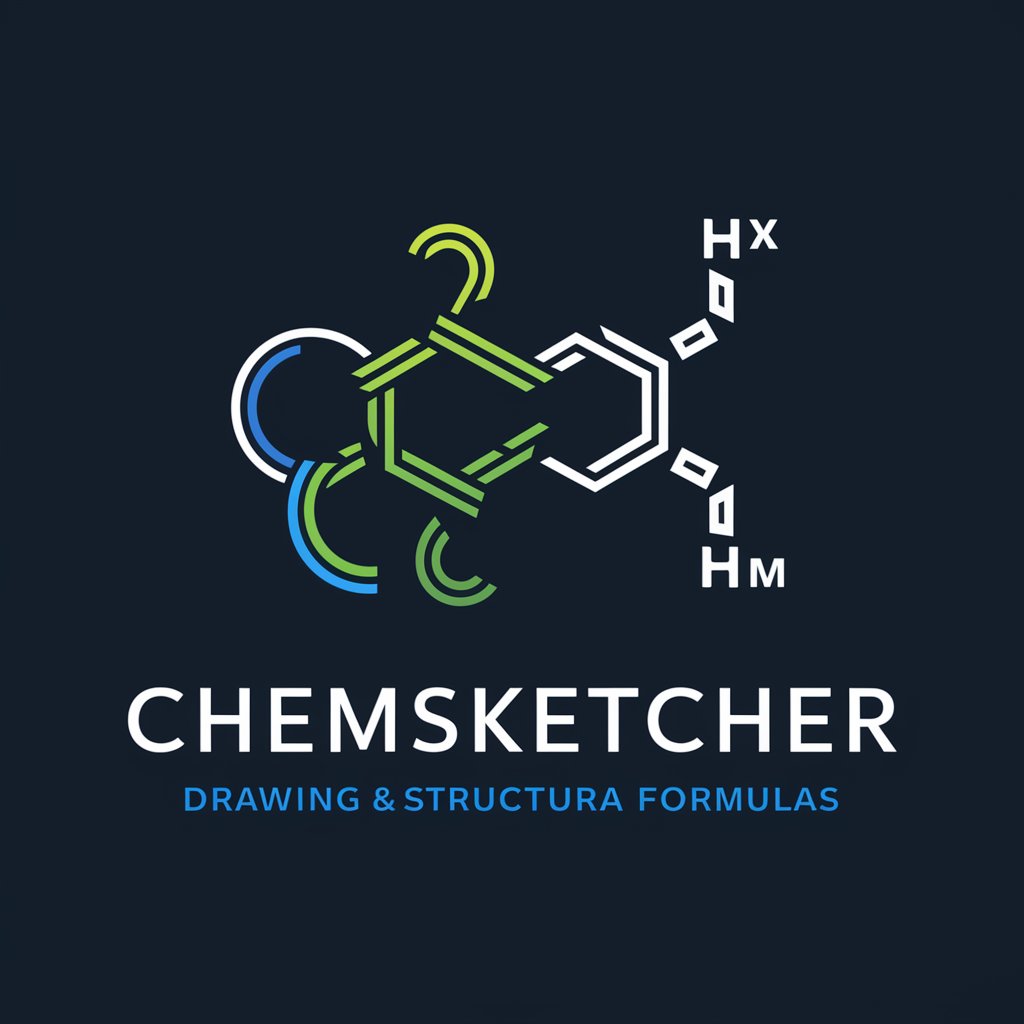
Medication Guide (Pro)
Empowering informed medication decisions with AI.
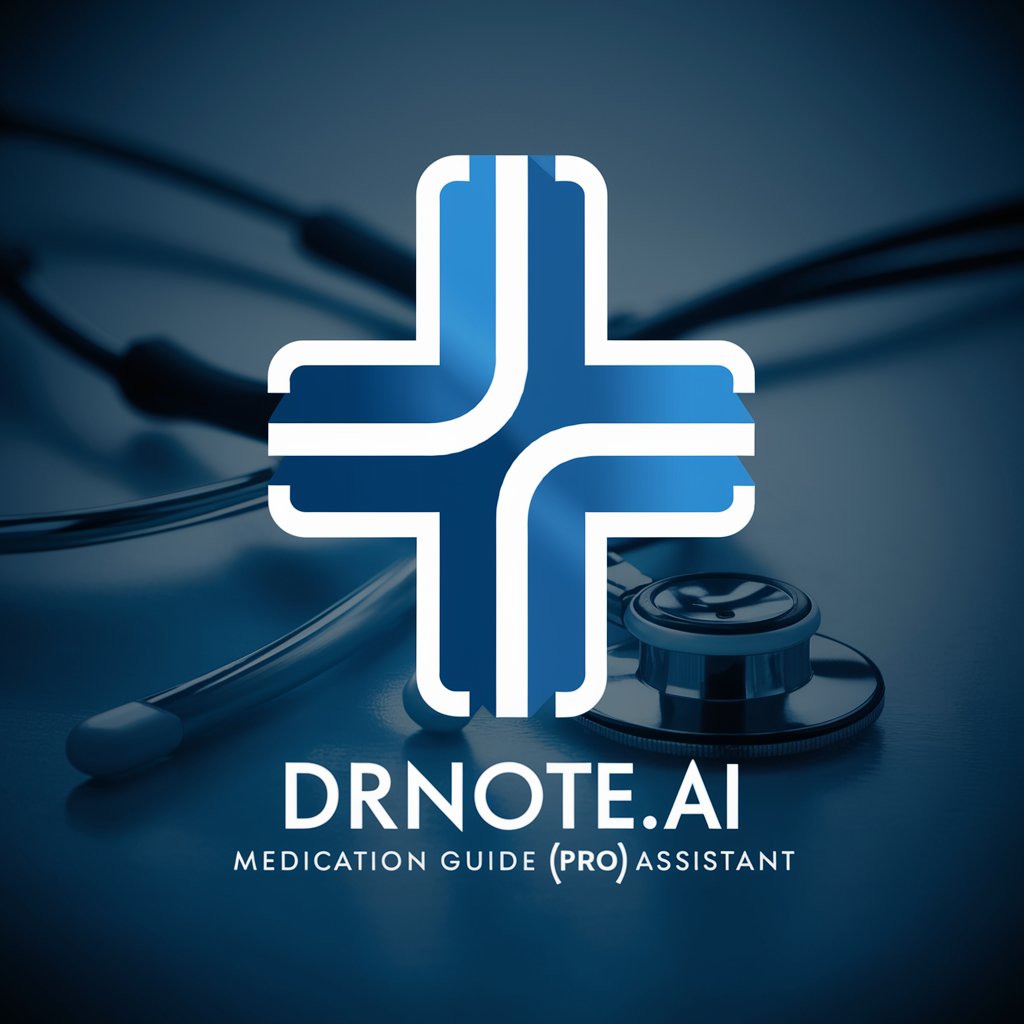
添付文書しらべる君
Streamline Your Medication Research with AI
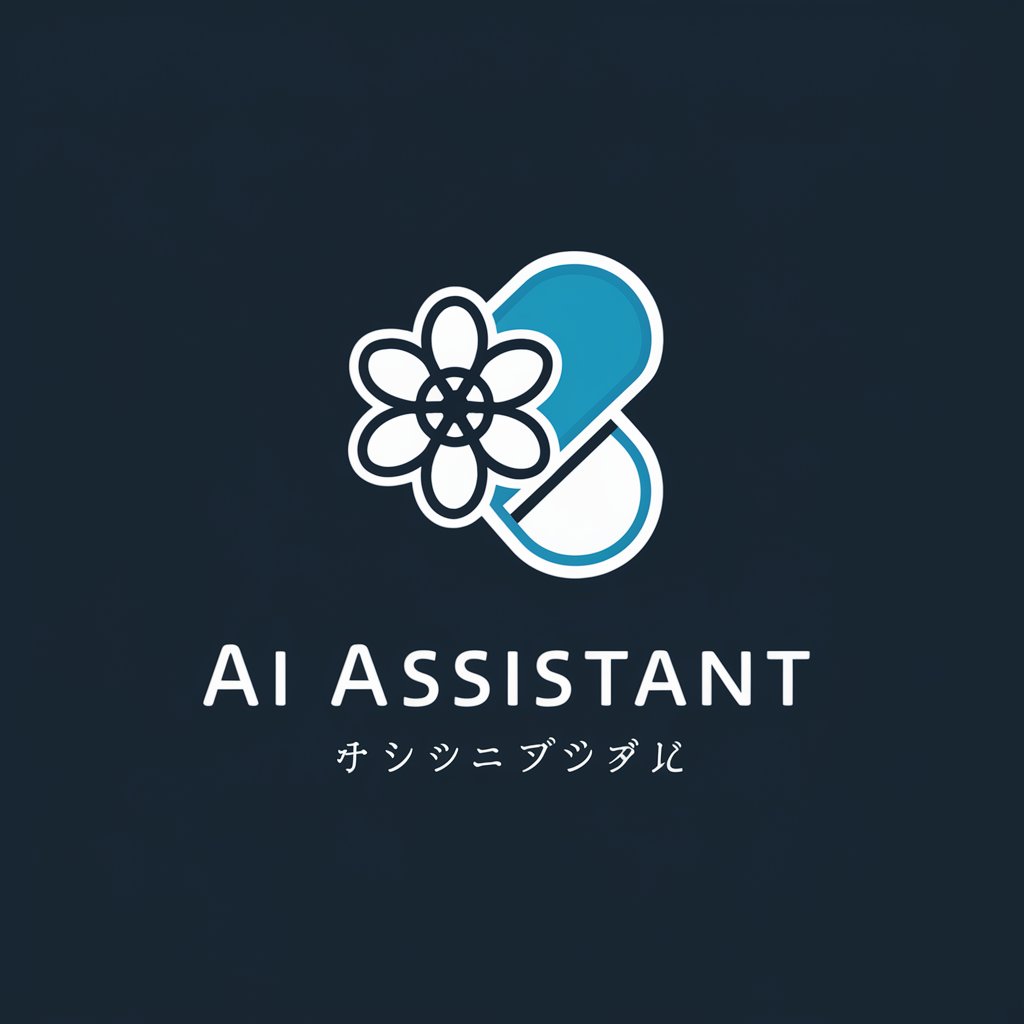
Cure Me
Empowering drug discovery with AI
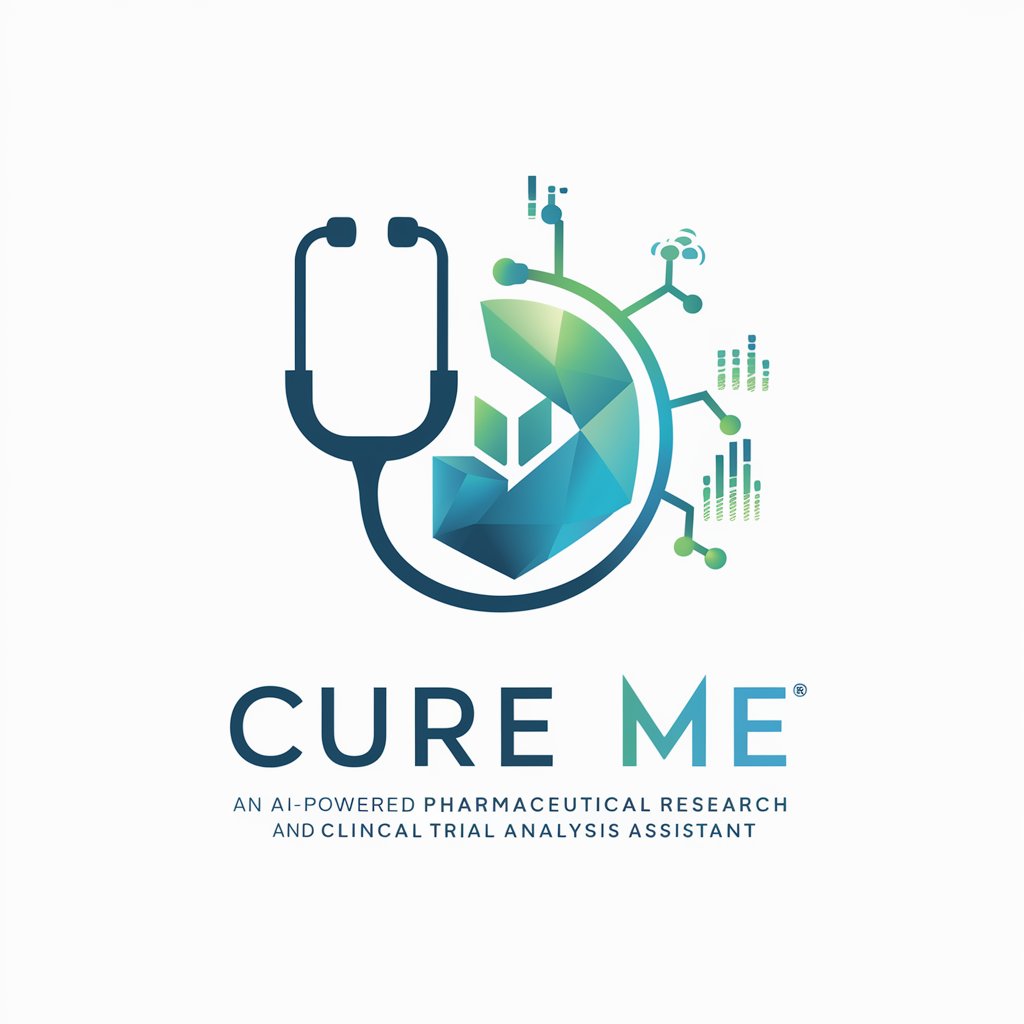
GC Method Developer
Optimize GC methods with AI-powered insights
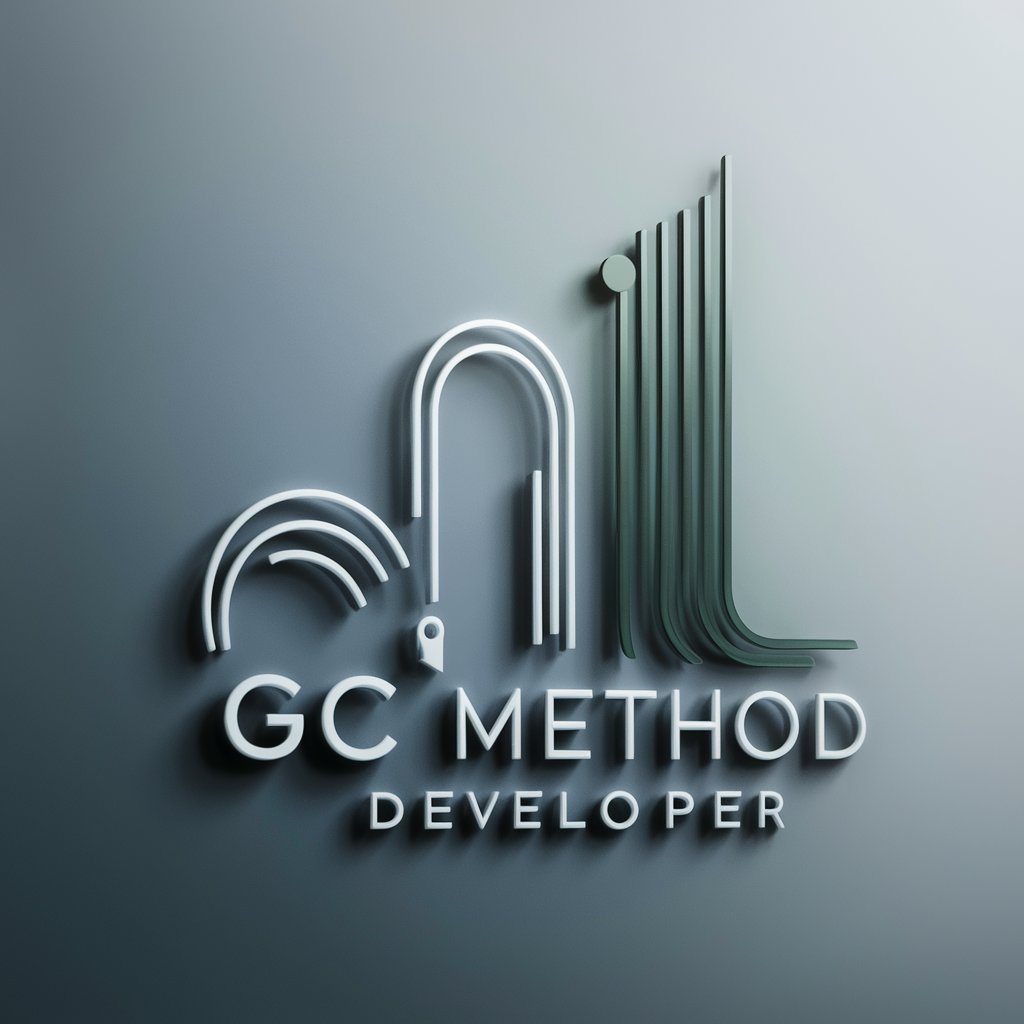
BioTech Broker Pro
Empowering Biotech Innovation with AI
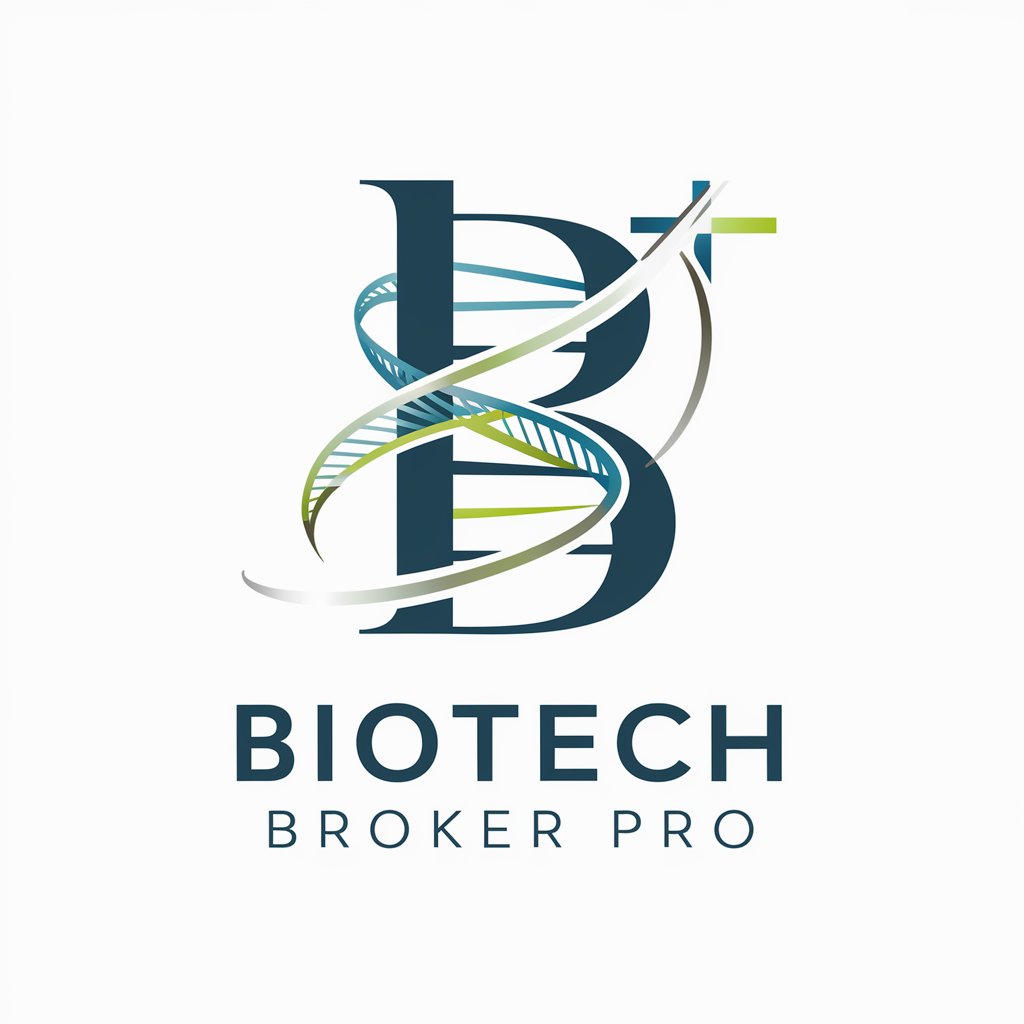
Drug Discovery Assistant
Revolutionizing Drug Discovery with AI
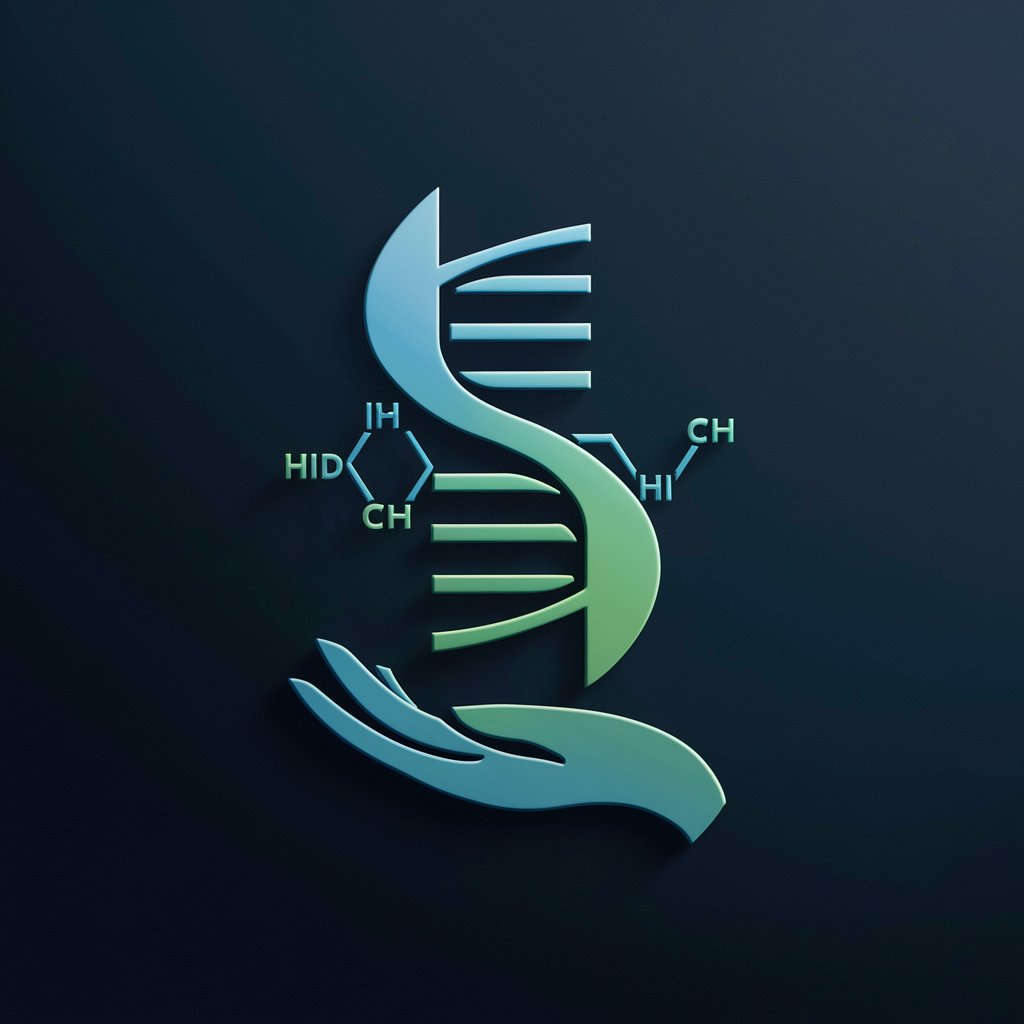
Strategic Insights Analyst
Empowering Decisions with AI-Driven Medical Insights
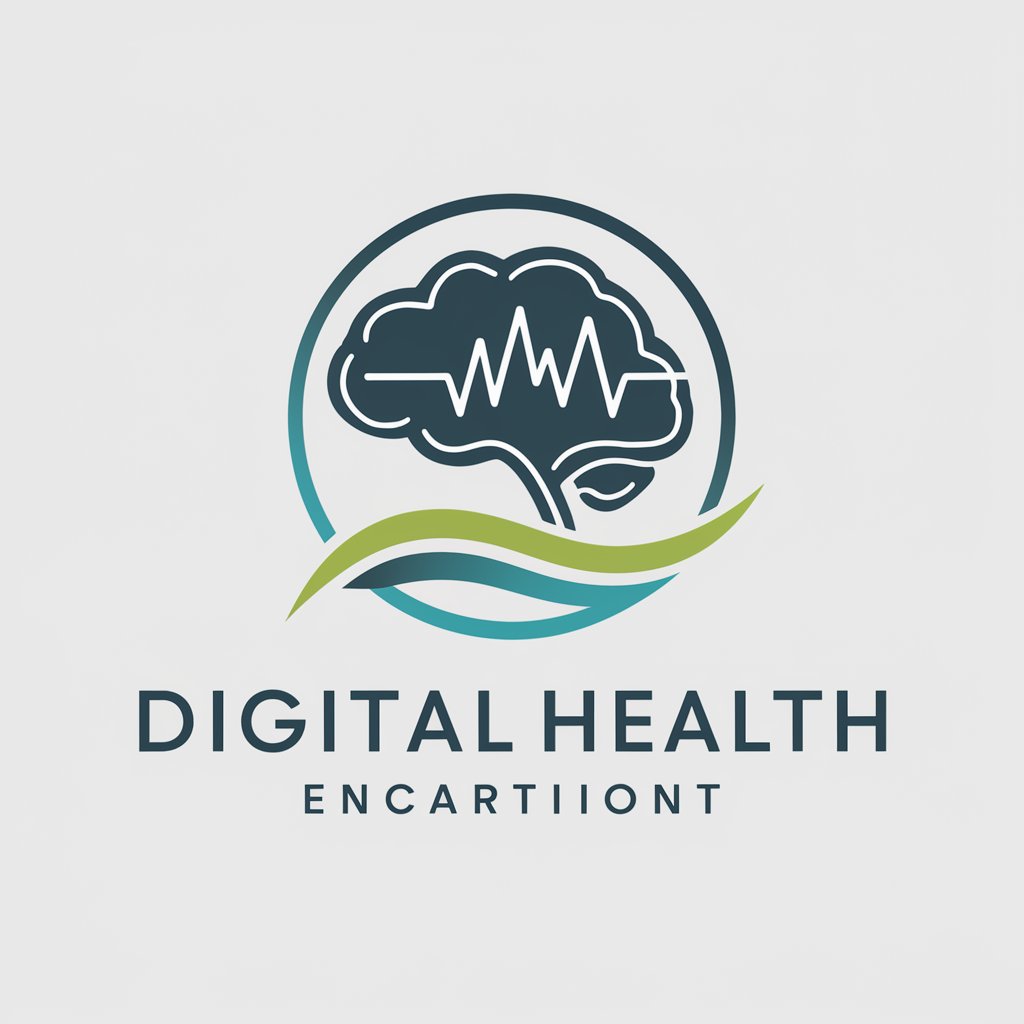
Prescription Provider
Empowering pharmacy with AI technology
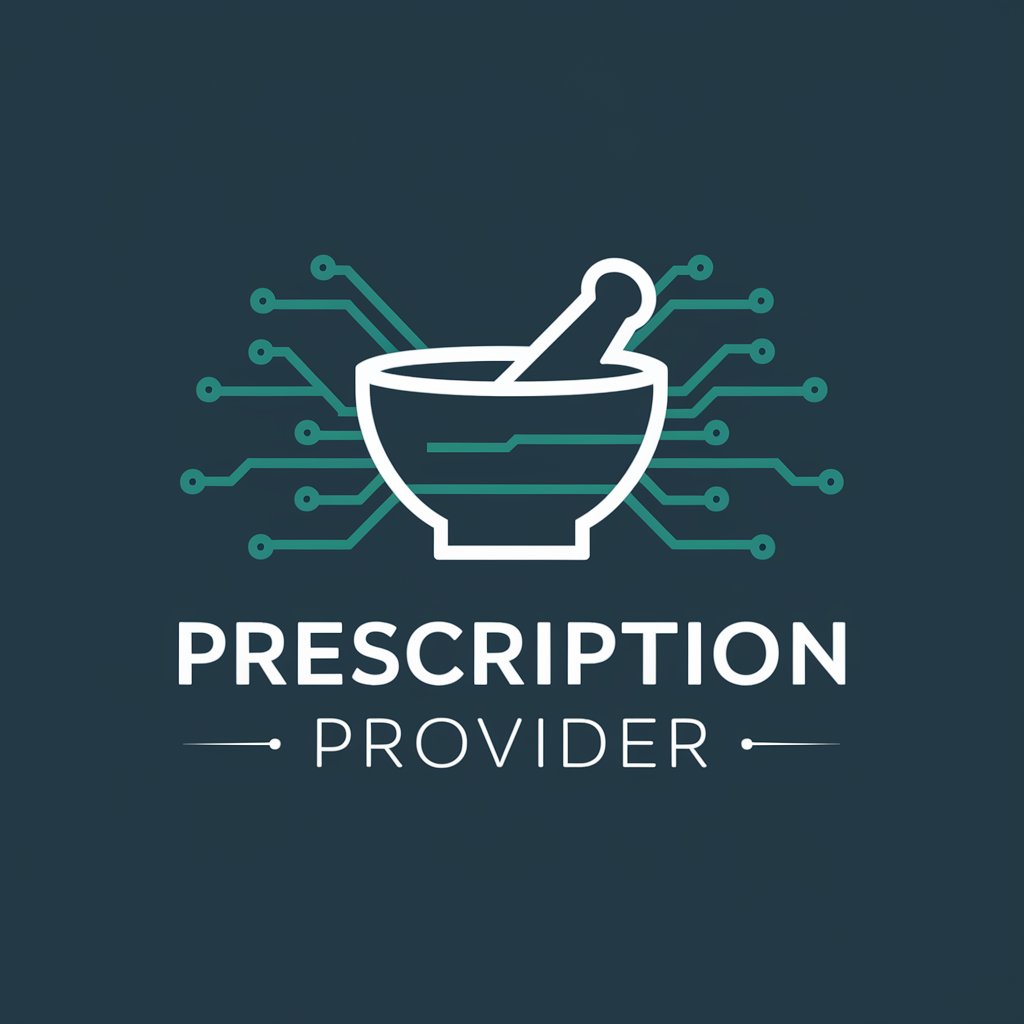
MediCheck Assistant
Empowering Health Decisions with AI

Key Attributes of AI GPTs in Pharma Research
AI GPTs tools for Pharmaceutical Research boast adaptability and precision, offering features like predictive modeling for drug interactions, automated literature reviews, and synthesis of research data. They excel in processing complex datasets, identifying patterns and predictions that support drug discovery and development. Special features include advanced language understanding for technical documentation, capability for in-depth data analysis, and the generation of realistic simulation models for clinical trials, making them indispensable in modern pharmaceutical research.
Who Benefits from Pharma-Specific AI GPTs
These AI tools are designed for a broad audience within the pharmaceutical sector, including research scientists, clinical trial designers, regulatory affairs specialists, and pharmaceutical marketers. They cater to both novices and experienced professionals by providing user-friendly interfaces for those without coding expertise and customizable options for developers. This inclusivity ensures that cutting-edge AI support is accessible to all levels of users in the pharmaceutical research community.
Try Our other AI GPTs tools for Free
Cultural Tourism
Discover how AI GPTs revolutionize cultural tourism, offering tailored insights, interactive learning, and personalized travel experiences for an enriched cultural journey.
Art Promotion
Discover AI GPTs for Art Promotion: innovative tools transforming how artists and galleries engage audiences, enhance visibility, and navigate the digital art market.
Market Exploration
Explore how AI GPTs for Market Exploration revolutionize market research with advanced analysis, trend identification, and consumer insights, accessible to all professionals.
Childhood Learning
Discover how AI GPTs for Childhood Learning are transforming educational experiences with personalized, interactive tools designed to engage and educate young minds.
Color Exploration
Explore the future of color with AI GPTs tools, designed to revolutionize how professionals and enthusiasts select, analyze, and forecast color trends efficiently.
Theme Visualization
Discover AI GPTs for Theme Visualization: transformative tools designed to analyze, interpret, and visually represent themes, making complex concepts accessible and engaging for all.
Broader Impacts of AI in Pharma
AI GPTs revolutionize pharmaceutical research by offering scalable, efficient solutions across various sectors, from early-stage research to market analysis and patient care. Their integration into existing workflows enhances productivity, fosters innovation, and facilitates the development of safer, more effective medications. Moreover, their user-friendly interfaces democratize access to advanced research tools, bridging the gap between complex data science and practical pharmaceutical applications.
Frequently Asked Questions
What are AI GPTs for Pharmaceutical Research?
AI GPTs for Pharmaceutical Research are specialized AI models designed to assist in the pharmaceutical industry by analyzing data, predicting outcomes, and generating insights for drug development and market analysis.
How do these AI tools assist in drug discovery?
They analyze large datasets to identify potential drug candidates, predict drug interactions, and optimize the drug discovery process, thereby reducing time and costs.
Can AI GPTs help with regulatory compliance?
Yes, by automating the analysis of regulatory documents and guidelines, AI GPTs can help ensure compliance with global regulatory standards.
Are these tools accessible to individuals without programming skills?
Absolutely, these tools are designed with user-friendly interfaces that do not require prior programming knowledge, making them accessible to a wide range of users.
How can developers customize these AI GPTs for specific research needs?
Developers can access APIs and developer tools provided with these AI models to customize applications, integrate with existing systems, and develop new functionalities tailored to specific research objectives.
What makes AI GPTs different from traditional research methods?
AI GPTs can process and analyze data at a scale and speed beyond human capability, offering novel insights, predicting trends, and uncovering hidden patterns in pharmaceutical research.
Can these tools predict the outcome of clinical trials?
Yes, by analyzing historical data and simulating trial scenarios, AI GPTs can predict potential outcomes of clinical trials, assisting in trial design and decision-making.
Are there privacy concerns with using AI in pharmaceutical research?
While AI tools process vast amounts of data, developers and users must ensure that they comply with data protection regulations and ethical guidelines to safeguard patient privacy and data security.